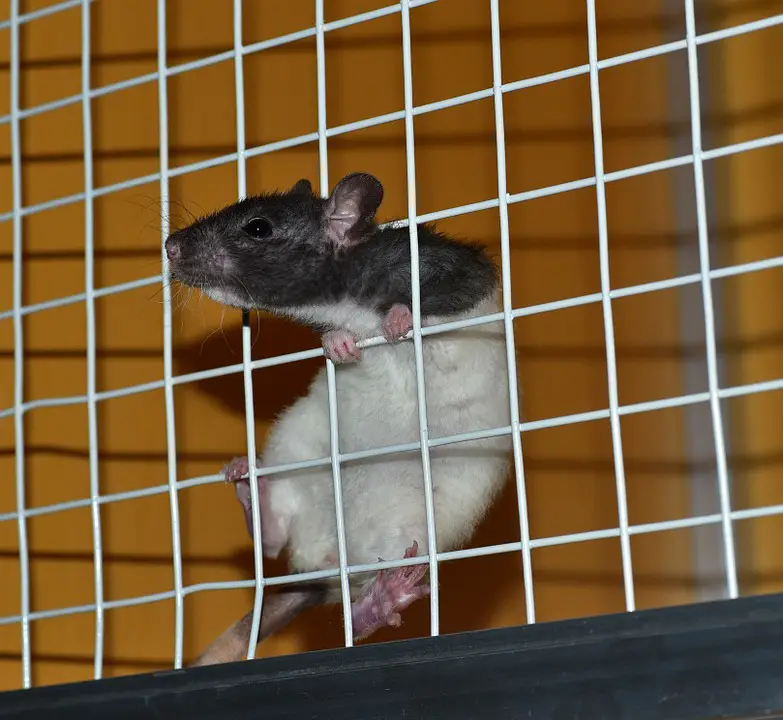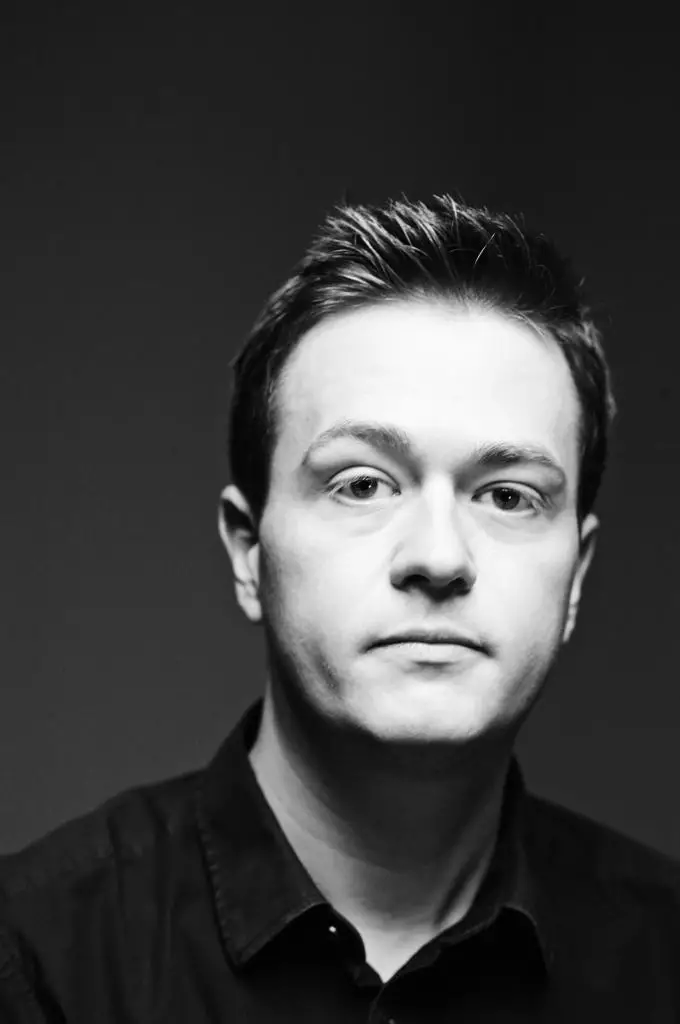
President Richard Nixon declared “War on Drugs” in 1971, yet decades later, addiction runs rampant. Photo: Wikimedia
The first time the “War on Drugs” was declared in the United States was in 1971 by President Richard Nixon, and it was then confirmed again and again by Jimmy Carter during his presidential campaign in 1976, First Lady Nancy Reagan in 1984, and President Ronald Reagan in 1981.
And yet, decades later the “war” is not even close to being over: things actually seem to be getting worse. Perhaps it is because we completely misunderstood addiction, as one British journalist explains in his book “Chasing the Scream: The First and Last Days of the War on Drugs,” and he may have found the answer about the true cause of addiction.
After seeing his loved ones battle (and even lose to) addiction, as well as going through his own addiction to prescription drugs, Johann Hari set off on a 30,000-mile journey. During these 3.5 years, he met and talked to people all across the world about how the “war on drugs” affected them on a personal level. His journey was led by the question: “what causes addiction?” What he found is that we deal with addiction all backwards.
“Almost everything we have been told about addiction is wrong — and there is a very different story waiting for us, if only we are ready to hear it,” writes Hari in The Huffington Post.
The First Theory on Addiction Was Flawed
One of the earlier studies on the cause of addiction was conducted by putting a rat alone in an empty cage with two bottles of water — one laced with cocaine or heroin. The rat would almost always choose the drugged water, and keep drinking it until it kills itself with the drug.
The Drug-Free America campaign used this study to say that addiction is caused purely by the drug. They even created (an especially fear-based) ad that said: “Only one drug is so addictive, nine out of ten laboratory rats will use it. And use it. And use it. Until dead. It’s called cocaine. And it can do the same thing to you.”
And many people went with this theory as the absolute truth, with just that one study to back it up. However, a later study showed how flawed this conclusion may have been after all.
Second Study Flips the Script on Addiction

The “Rat Park” study concluded that rats hooked on a drug could not quit not because of their addiction, but because of isolation.
In the late 1970s professor Bruce K. Alexander looked at the rat study and realized that it was not complete. The experiment looked at rats that were separated from others, and who had nothing to do all day. To fix this, he created another rat experiment named “Rat Park.” In this experiment two groups of rats were placed in two separate cages. In one cage, a rat was alone and had nothing to occupy its time with, in another cage the rats were together as a community with a lot of entertainment: such as boxes and cedar shavings to make nests — this cage was called the rat park.
The rats who were isolated continued drinking drug-laced water. The rats in the rat park also got addicted, but they drank less and tried to resist the drug and return to a drug-free social life, even when experiencing withdrawal symptoms.
Professor Alexander concluded that addiction was not only caused by the drug, but is greatly influenced, if not caused, by the negative mental environment: isolation and boredom.
Just like the animals, people are more likely to defeat addiction if they feel a sense of community and have fulfilling things to do with their lives.
“[Professor Alexander] argues, addiction is an adaptation. It’s not you. It’s your cage,” writed Hari.
People Bond with Drugs, when They Fail to Bond with People
Professor Peter Cohen has been researching drug use since the 1980s using sociology to understand the problem. According to him, humans absolutely require connections with other humans, and when we fail to make these bonds, we unconsciously form a bond with what we can find — for some its drugs, for others it may be gambling or any other addictive behaviors.
In order to defeat addiction, the person needs to bond with others.
“…It is disconnection that drives addiction,” writes Hari.
Reconnecting with The World instead of Being Punished
Today in the U.S., drug use is criminalized. People with addictions are often blamed and scolded and might feel weak and not accepted by the society, which even further disconnects the person with others, and increases their bond with the drug.
But there is another way, writer Hari. the best example might be the decriminalization of drugs in Portugal.
Seeing that the “war on drugs” was not working in other countries, Portugal decided to go the other direction in how they treat addiction. The country decriminalized all drugs in July 2001, and instead of spending money on jailing drug-users, spent this money on reconnecting them with society: making sure they have housing and jobs, as well as clinics to go to for help. It also removed the stigma when people ask for help quitting drugs.
Since the total decriminalization, addiction rates have fell slightly but most importantly, there have been huge declines in sexually transmitted diseases, HIV/AIDS and overdoses as published in “Drug Decriminalization in Portugal: Lessons from Creating Fair and Successful Drug Polities” by the Cato Institute.

Since the decriminalization, Portugal is now the second country in Europe with the least number of deaths caused by drug use.
Creating A Better World for Everyone
Creating better drug policies, which help users instead of punishing them, is important for the political side of this issue. But there is much more that we need to change as individuals.
“…We will have to change a lot more than the drug war. We will have to change ourselves,” writes Hari.
Our main sickness as the modern society is isolation. We have shut ourselves off from the world, and shut others out of ours. We have stopped loving others unconditionally and helping them instead of giving up too early, or pushing them into the system hoping it will work out for the best. It does not work, and it has not worked.
Instead of disconnecting people with addictions from our lives, we need to let them know that they are still accepted and loved. Then and only then will the society turn the page to a clean slate when it comes to treating addiction.
“…We have been singing war songs about addicts…We should have been singing love songs to them all along,” writes Hari.
Watch Hari’s further thoughts on the subject in this TED Talk Video:
Thanks for installing the Bottom of every post plugin by Corey Salzano. Contact me if you need custom WordPress plugins or website design.





